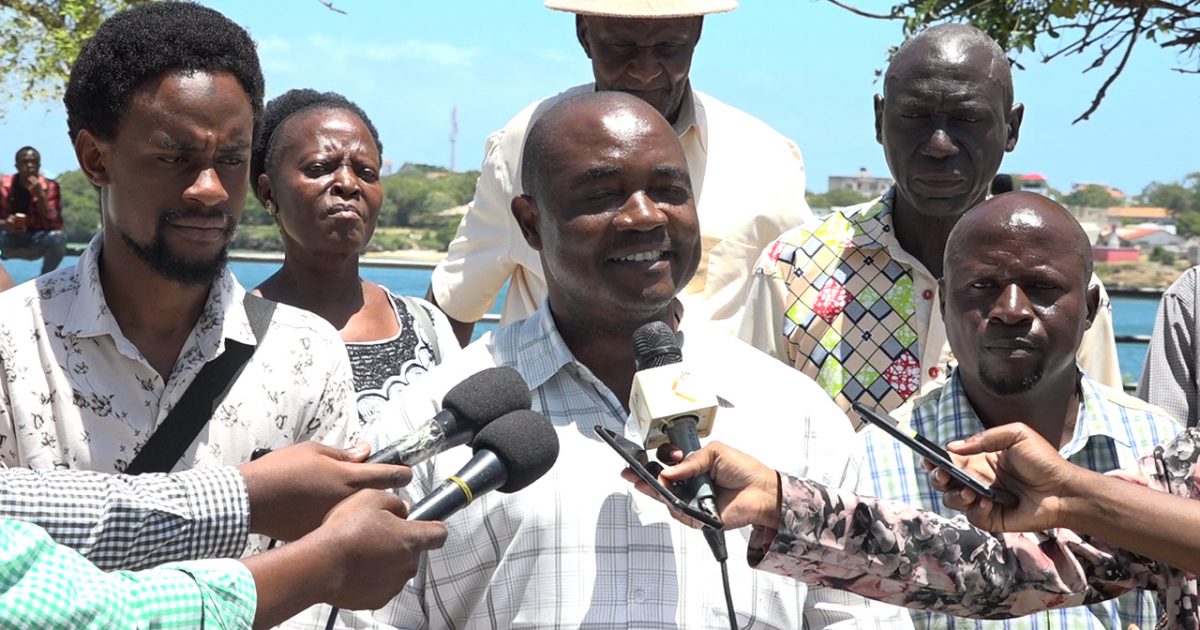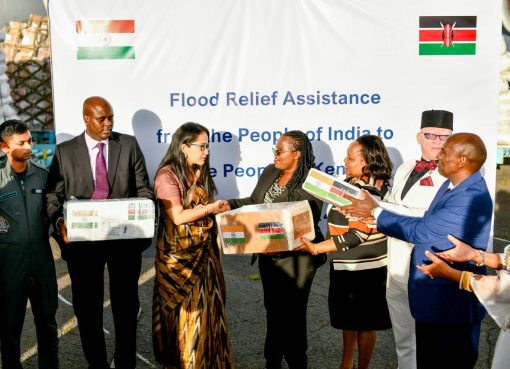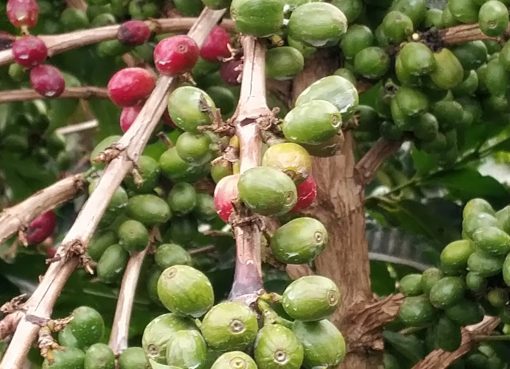Lobby groups, including the clergy have opposing plans to lease out Kenya Ports Authority’s (KPA) assets to private entities and demand full disclosure of the arrangement arguing that public participation was not factored before the decision was arrived at.
The clergy say KPA, being the single most important natural asset for Mombasa County and one of the most profitable state corporations, must be handled with utmost care.
“The National Government may have powers to privatise or give concessions to state corporations like KPA and concessions in some cases may not be a bad thing depending on the terms of the privatisation or concession agreement. However, we are aware that there is a procedure to follow before any of this is done,” said Bishop Tee Nalo at the Anglican Church of Kenya (ACK).
The clergy lashed out at KPA for failing to involve local leaders and port stakeholders before commencing leasing their assets.
“Why undertake such a serious matter and then purport to consult the leaders later after voices have been raised? What is being hidden from the county leaders and the people of Mombasa?’’ asked Bishop Nalo, adding that there was no feasibility study or public participation.
They said they opposed privatisation or concession because it was not done procedurally, nor was Mombasa County government involved.

“In this country, we are alive to the fact that things happen. The leaders deny any wrongdoing only for things to come to light later after the damage has been done,” Bishop Nalo observed.
They noted that they do not want to see a scenario where an investor comes in and they would need 20–30 years to recoup their investment before locals start enjoying the benefits.
Mombasa, because of its size, is one of the counties getting little resources from the national government without putting into consideration the fact that during the day, it plays host to many people who only go to the neighbouring counties to sleep, they noted.
The Clergy urged the National Government that before contemplating privatisation or giving concessions to KPA, they must think of how the county could benefit monetarily from its resources, like Narok and Taita-Taveta counties.
“If there are any thoughts or plans on the privatisation or what is being called concession of KPA, we demand that they be stopped with immediate effect until (after) proper consultations are done,” said Bishop Nalo.
On their part, the Taireni Mijikenda Association (TMA) urged KPA to extend the deadline for qualification of bidders for the development and operations of port assets for 60 days to give room for consultations between KPA, Ministry of Transport and stakeholders.
KPA had set the deadline to be October 12th before the qualification documents are opened before the bidders or their representatives.
“Regardless of how good the intentions are in these proposed transactions, to an ordinary taxpayer, what is important is the full disclosure of how public interests will be protected against private interests,” said TMA Chairman Peter Kadzeha.
Kadzeha explained that globally, port concessioning or privatisation takes different forms, each with its own potential risks and opportunities.
“The absence of official information on the justification, process, context and content of the proposed type and model of port concessioning or privatisation from the government has therefore led to both necessary and unnecessary speculation by stakeholders who have become increasingly anxious and fearful for the unknown,” said Kadzeha.
However, on Friday, KPA Chairman Benjamin Tayari assured Kenyans and Coast leaders that they were not privatising the port but making concessions that would result in more revenues and jobs.
On September 6, 2023, KPA Managing Director Capt. William Ruto invited sealed bids from eligible tenderers for the qualification of bidders for the development and operation of port assets through public-private partnerships (PPSs).
Lamu Port Container Terminal Berth 1-3, Lamu Special Economic Zone Mombasa Port Berth 11–14, and Mombasa Container Terminal 1 are earmarked to be developed and operated through PPP.
By Sadik Hassan




